Advertisement
What Is Pluto? A Cosmic Tale Beyond Neptune
Advertisement
Our understanding of the solar system took a dramatic turn in 2006. Up until then, most of us believed there were nine planets orbiting the sun: Mercury, Venus, Earth, Mars, Jupiter, Saturn, Uranus, Neptune, and Pluto. We even had catchy rhymes to remember them all. Then, in 2006, the International Astronomical Union announced that Pluto was actually a dwarf planet. This controversial statement caused an uproar worldwide. People wondered: How could Pluto not be a planet anymore? Was it no longer part of the solar system? Had everything we learned been a lie? So, what's the deal now? Is Pluto considered a planet or not?
How Was Pluto Discovered?
Pluto was discovered in 1930 during a quest by astronomers to find a ninth planet in the solar system, a mysterious world they called "Planet X." Meanwhile, a 24-year-old astronomer named Clyde Tombaugh was meticulously studying photographs of the night sky. That's when he spotted what appeared to be the elusive planet. The name "Pluto" came from an 11-year-old girl named Venetia Burney, who suggested naming the new planet after the Roman god of the underworld.
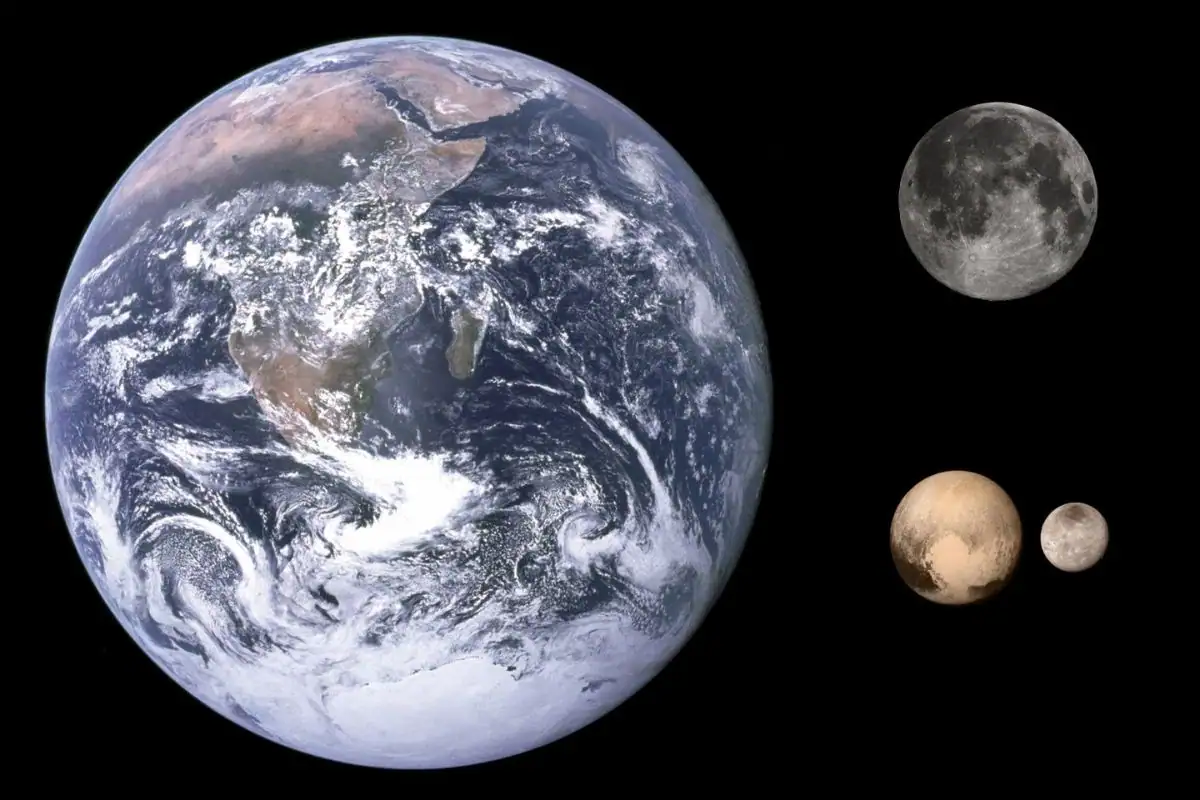
Advertisement
Who Said Pluto Wasn't a Planet?
In 2006, a controversial statement declared that Pluto was no longer a planet. This shocking news came from Dr. Mike Brown, a professor of astronomy who soon became known as "The Man Who Killed Pluto." He understood the public's affection for Pluto but stood firmly by his declaration. Despite widespread criticism, he maintained that reclassifying Pluto was the right decision based on scientific criteria.
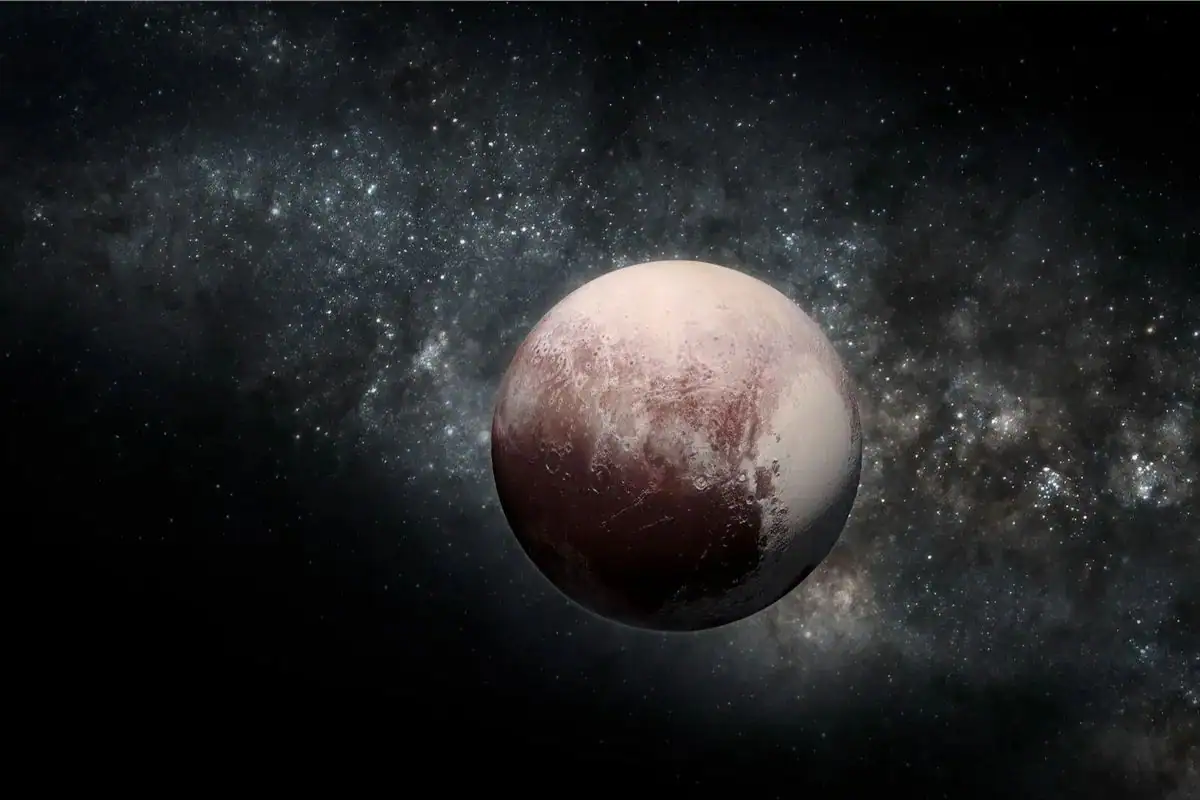
Advertisement
Why Is Pluto Not Considered a Planet?
When Pluto was first discovered, it was mistakenly thought to be as big as Jupiter. In reality, it's smaller than Earth's moon. To be honest, Pluto was always the oddball of the solar system. Not only was it discovered much later than the other planets, but there are also dwarf planets larger than Pluto. For scientists, this meant that if Pluto was classified as a planet, then other similar-sized bodies—like the dwarf planet Eris—would also need to be considered planets. Interestingly, it was the discovery of Eris that set the wheels in motion to demote Pluto.
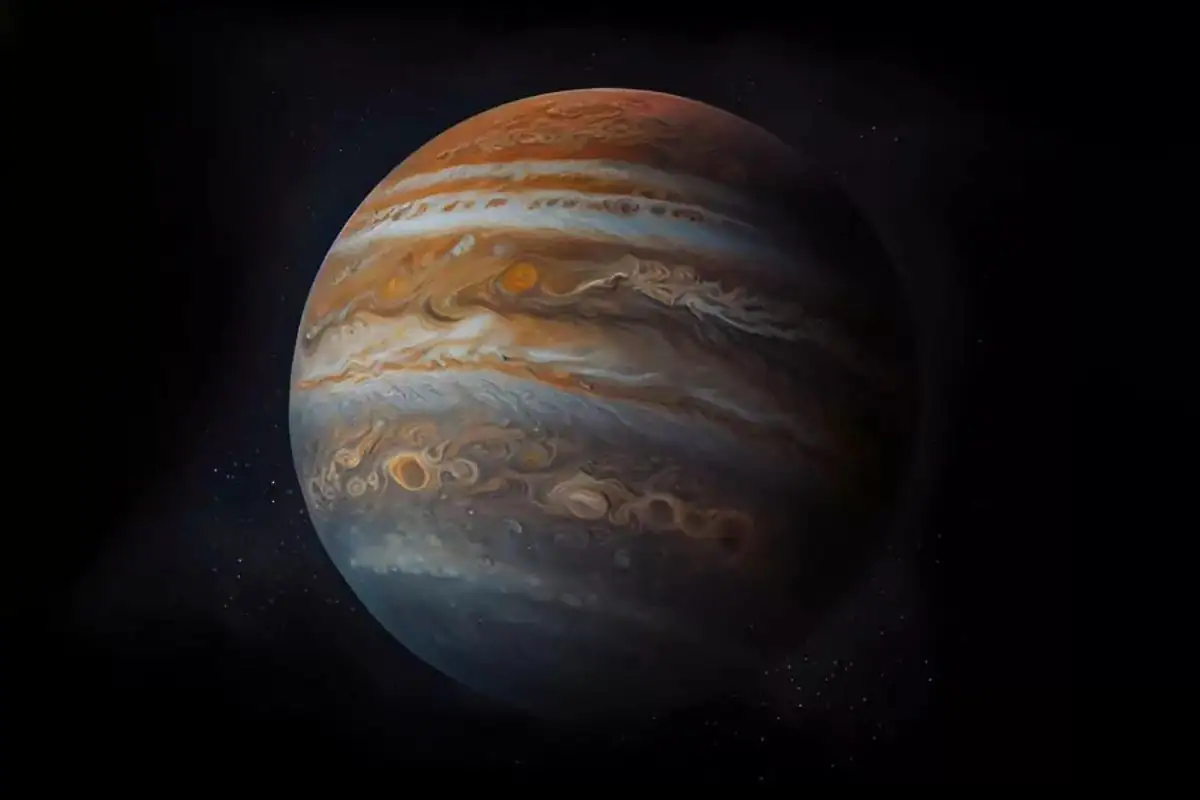
Advertisement
What Are the Criteria for a Planet?
There are three criteria that an object must meet to be classified as a full-sized planet: it must orbit the sun, it must be spherical due to its own gravity, and it must have cleared its orbital path of other debris. Pluto meets the first two criteria but falls short on the third. Therefore, scientifically speaking, Pluto is not a planet but a dwarf planet.
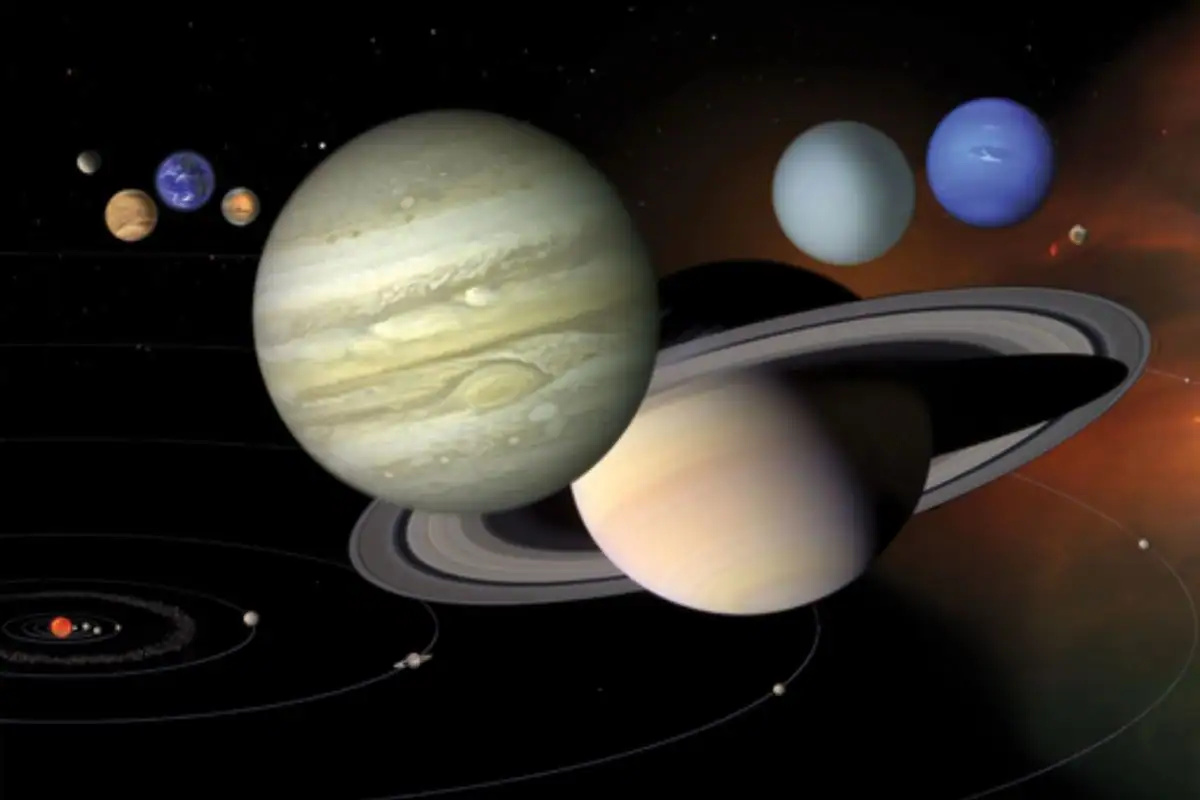
Advertisement
What's a Dwarf Planet?
Dwarf planets resemble full-sized planets but don't meet all the scientific requirements. They typically lack the size and gravitational pull to clear their orbits of other objects. Neither planets nor satellites, dwarf planets are celestial bodies that orbit the sun. Our solar system has five recognized dwarf planets, with Pluto being the largest among them.
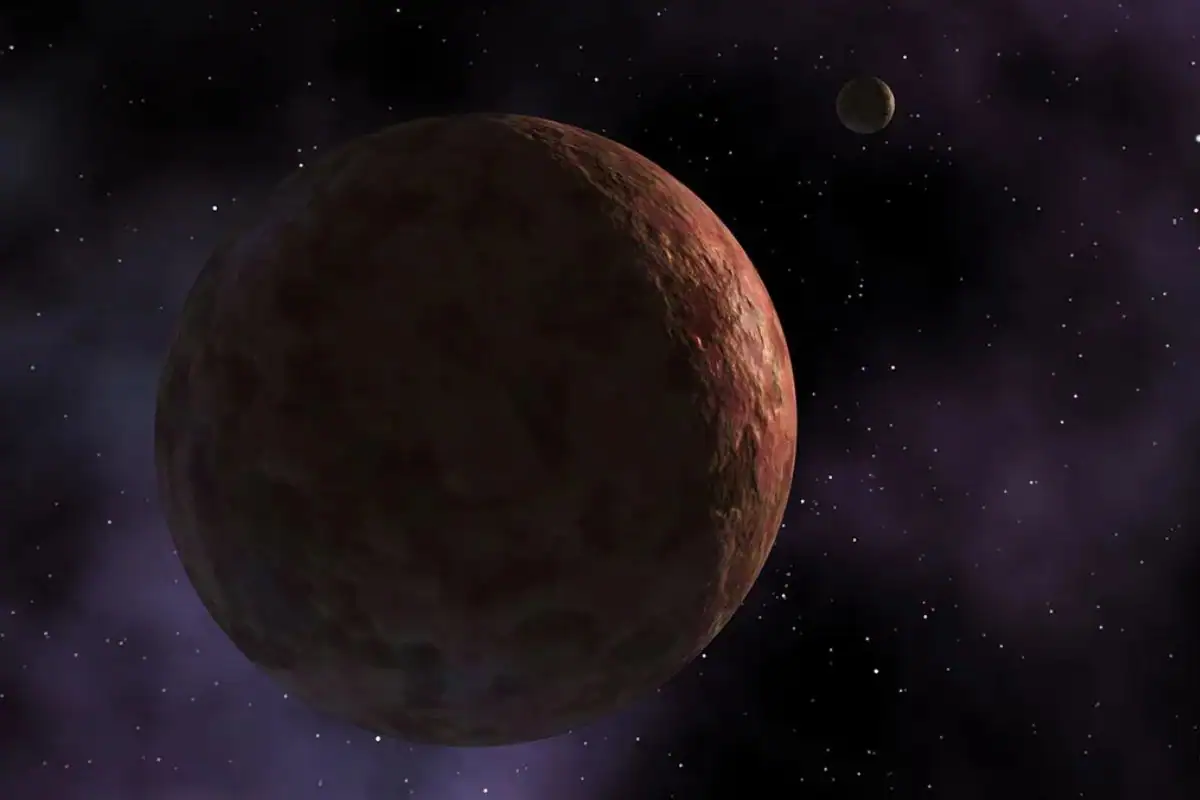
Advertisement
Is Pluto Still Part of the Solar System?
Absolutely! Although astronomers reclassified Pluto, it remains a part of our solar system. The solar system is divided into three zones. The first zone includes Mercury, Venus, Earth, and Mars—rocky planets closest to the sun. The second zone comprises Jupiter, Saturn, Uranus, and Neptune—gas giants with icy surfaces. Then there's the third zone, known as the Kuiper Belt, where Pluto and other dwarf planets reside. This region is one of the largest structures in the solar system.
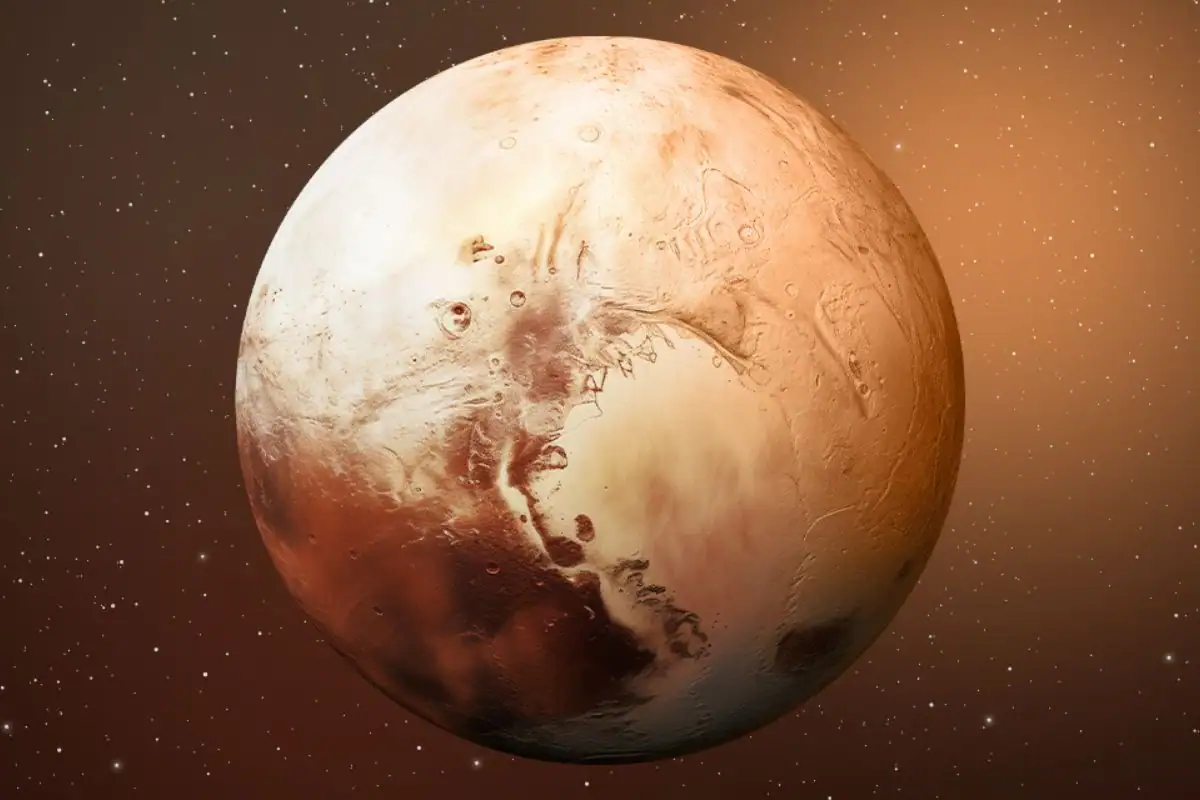
Advertisement
Is It Still Classified as Number Nine?
With Pluto's reclassification, it was removed from the list of nine planets we once knew. This caused quite a stir, but it made scientific sense. For today's students, there are only eight major planets. As hard as it might be for some of us to accept, that's just the way the cookie crumbles. Reinstating Pluto as a planet would mean acknowledging hundreds of other celestial bodies as planets too.
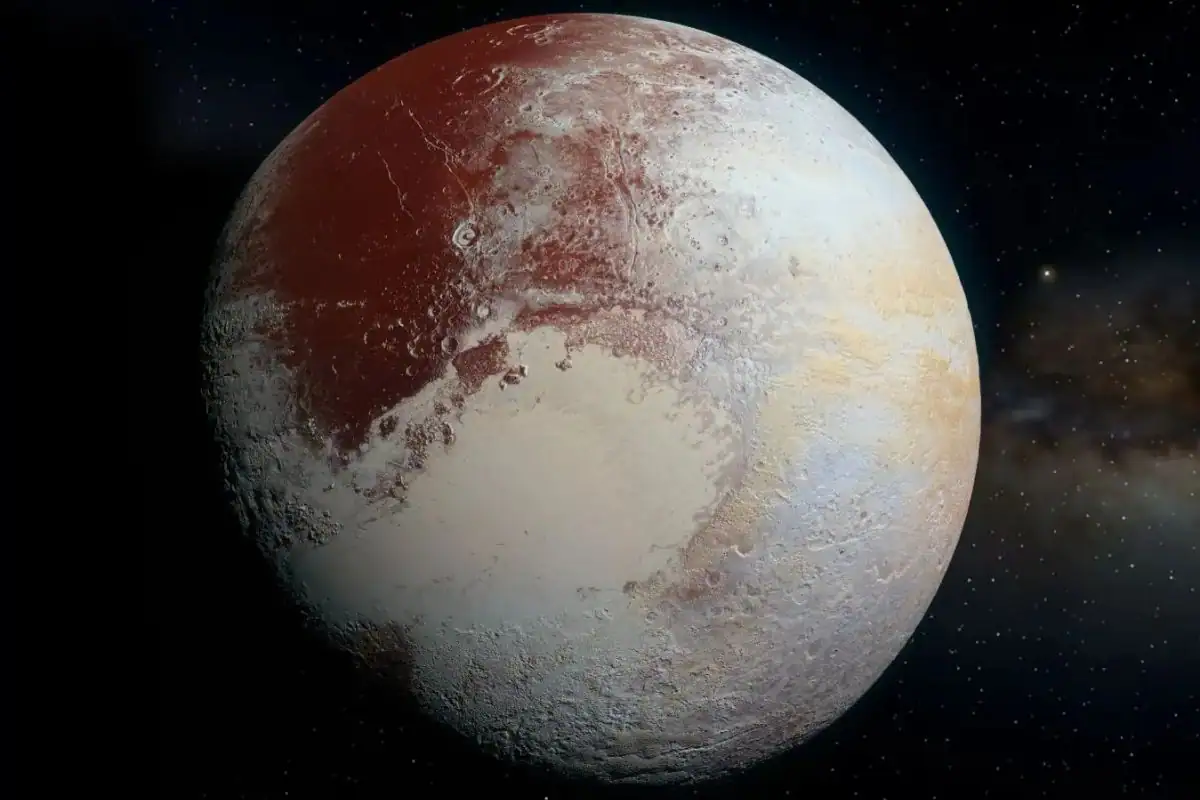
Advertisement
Are There Other Dwarf Planets in the Solar System?
Yes, besides Pluto and Eris, there are three other recognized dwarf planets in our solar system: Haumea, Makemake, and Ceres. Haumea, discovered in 2003, has an unusual elongated shape. Makemake was found in 2005 and is named after the Polynesian god of fertility. Ceres, discovered way back in 1801, was initially classified as a planet, then an asteroid, and now a dwarf planet. Interestingly, Ceres is the closest dwarf planet to Earth.
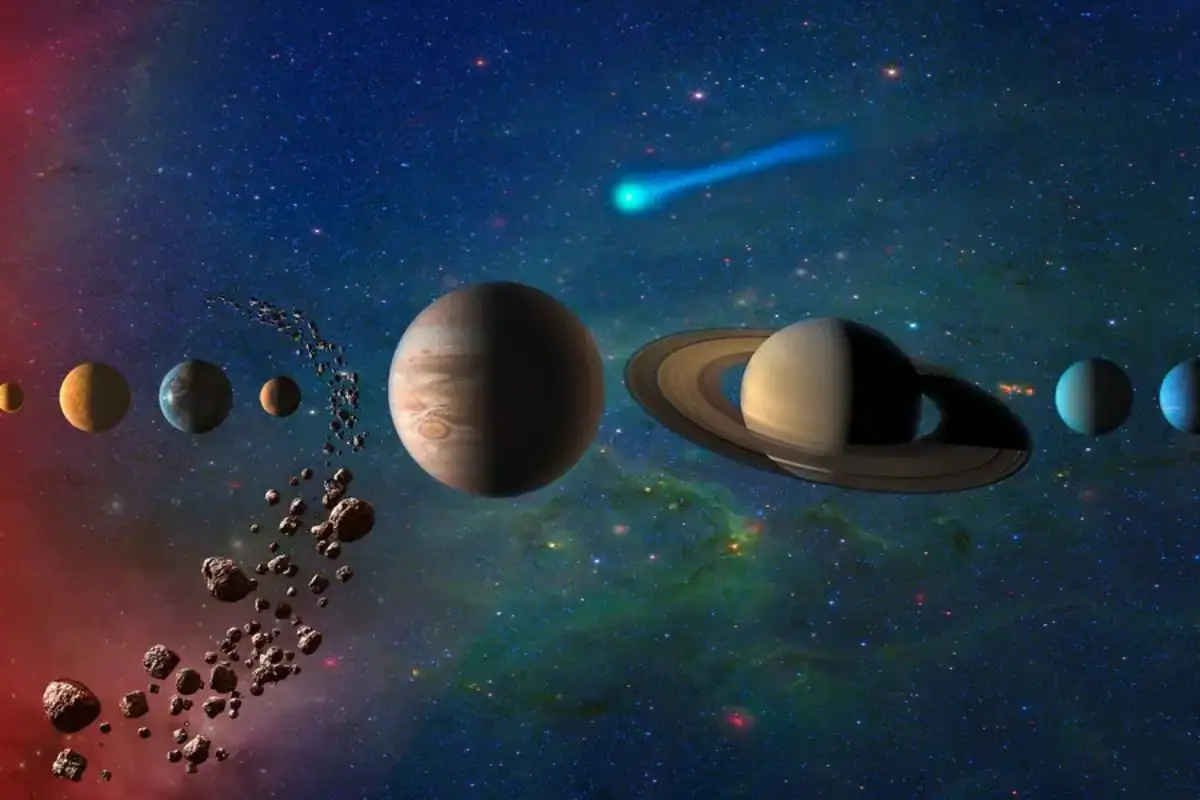
Advertisement
Can Humans Live on Pluto?
As interplanetary travel becomes more conceivable, we often wonder which planets could support human life. Pluto remains one of the most mysterious and intriguing objects in our galaxy. We have no concrete idea whether it could sustain human life. What we do know is that Pluto is only about half as wide as the United States. Moreover, one year on Pluto equals 248 Earth years. So, if you're thinking of moving there to slow down aging, think again!
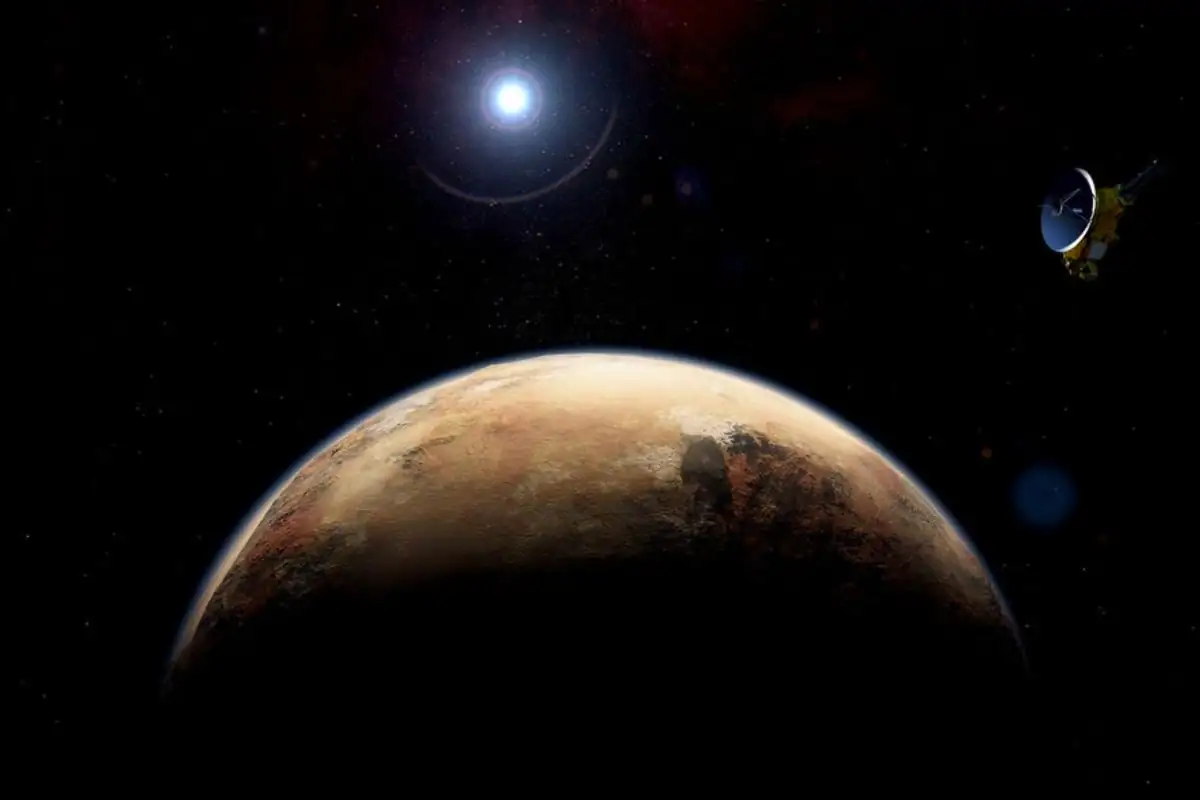
Advertisement
Is Pluto a Planet Again?
In 2015, the debate over Pluto's status reignited. Not everyone agreed with its demotion. Scientists like Alan Stern, the principal investigator of NASA's New Horizons mission, argued that Pluto should still be considered a planet. The mission's findings led Stern and fellow planetary scientist David Grinspoon to write a book asserting that Pluto is indeed a planet. So, is Pluto a planet? Well, if you ask some experts, they'll tell you it is—if you want it to be.
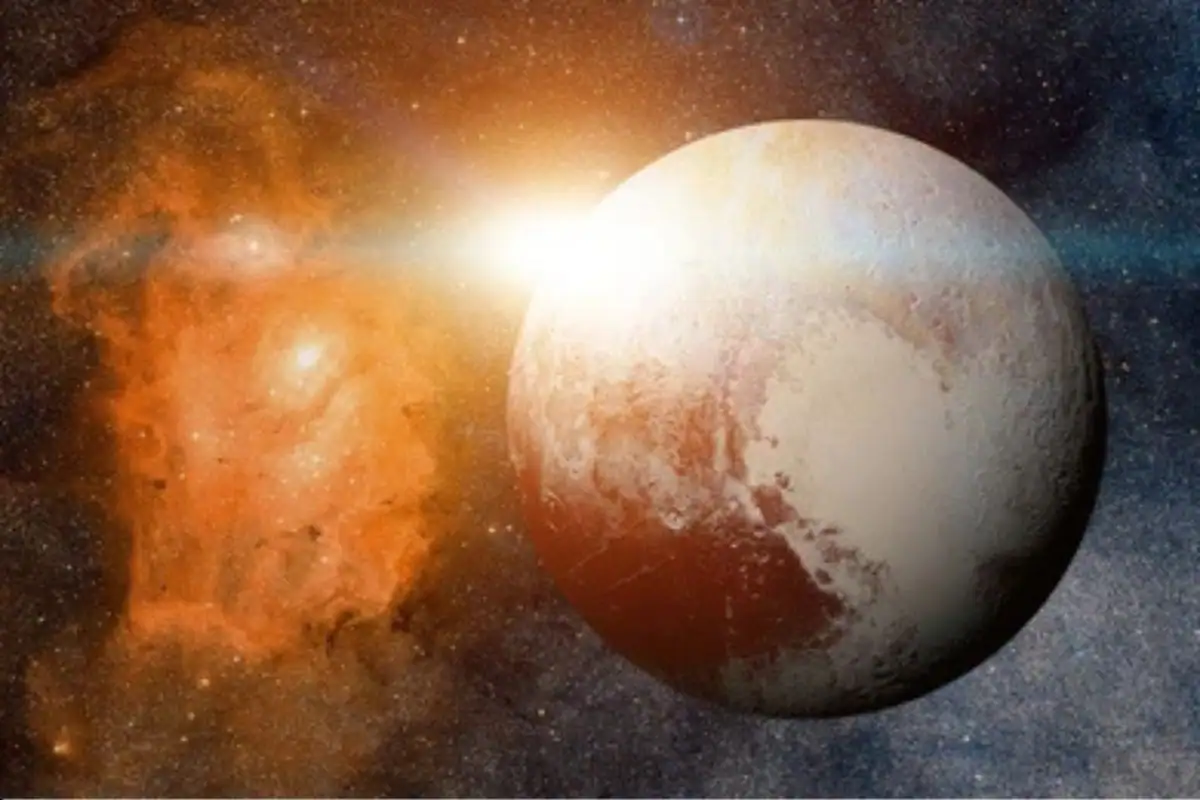
.png)




